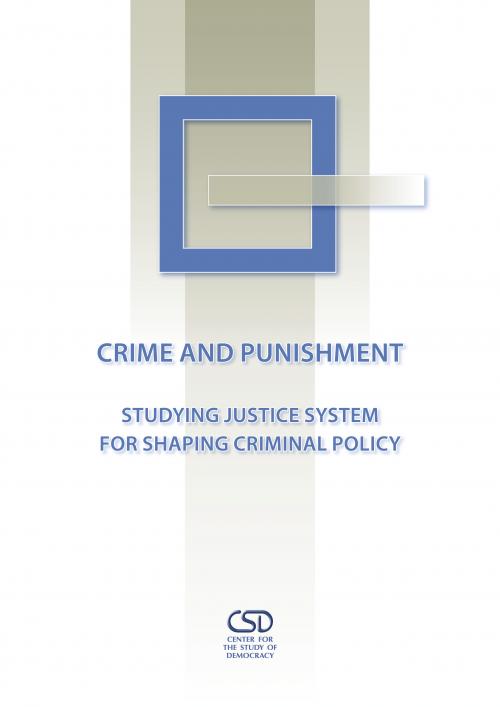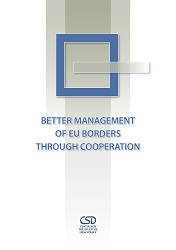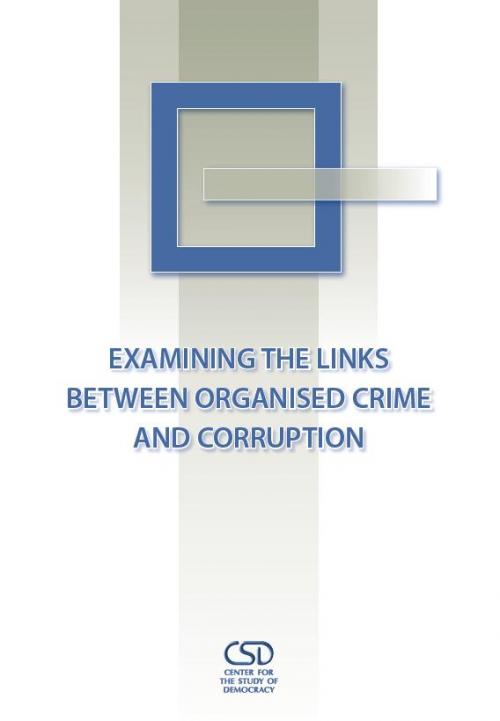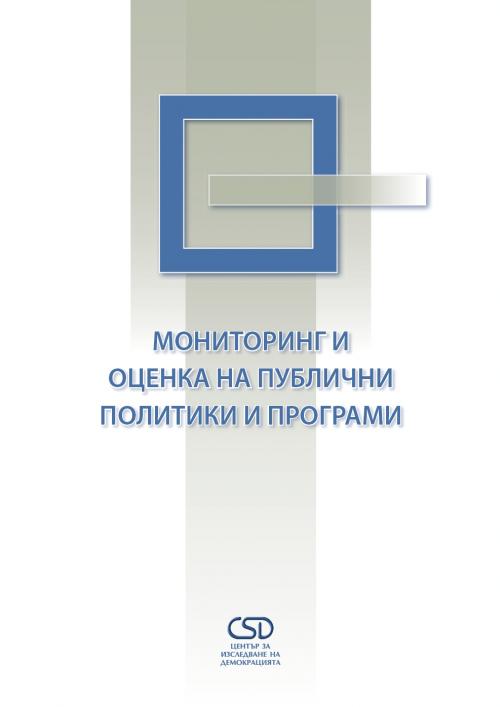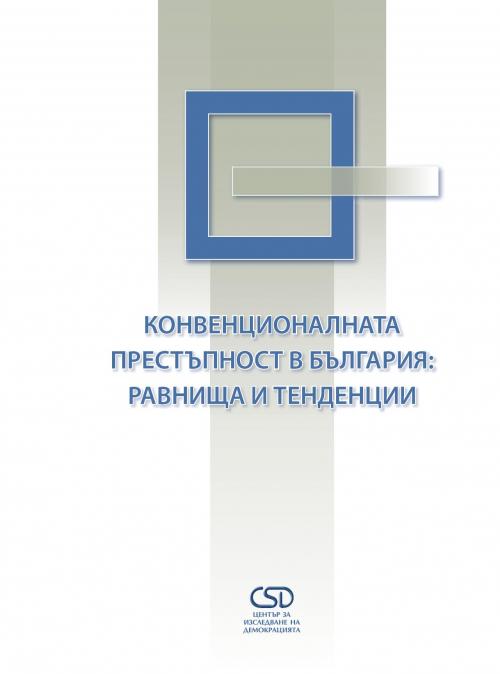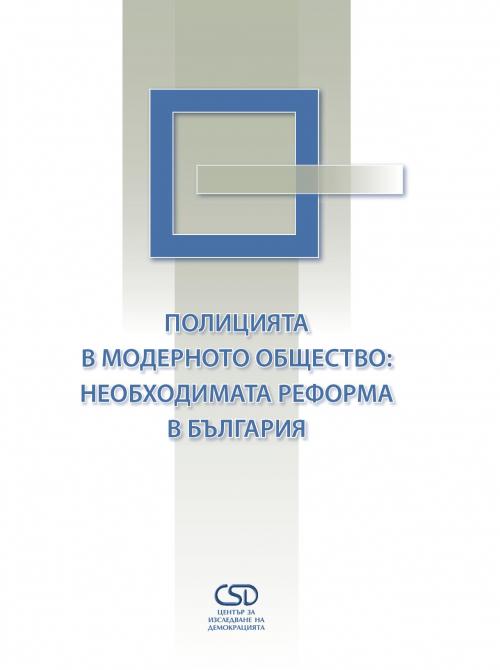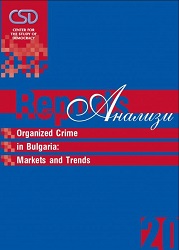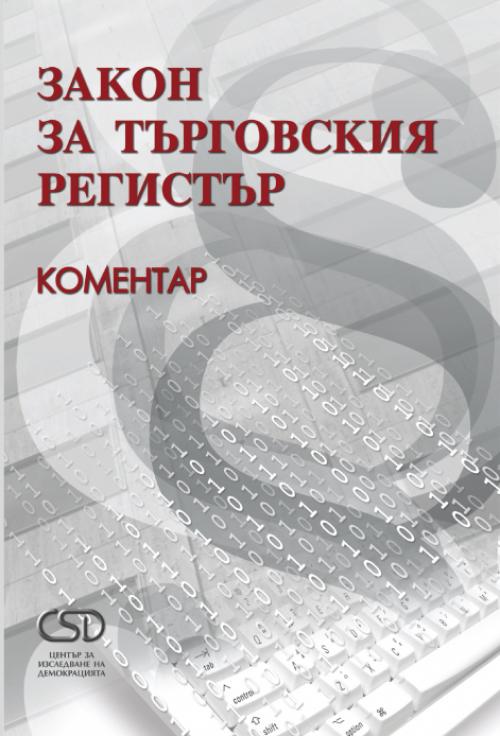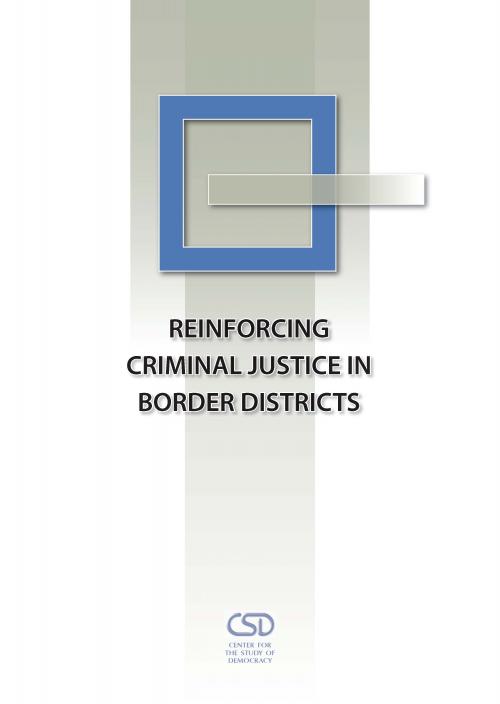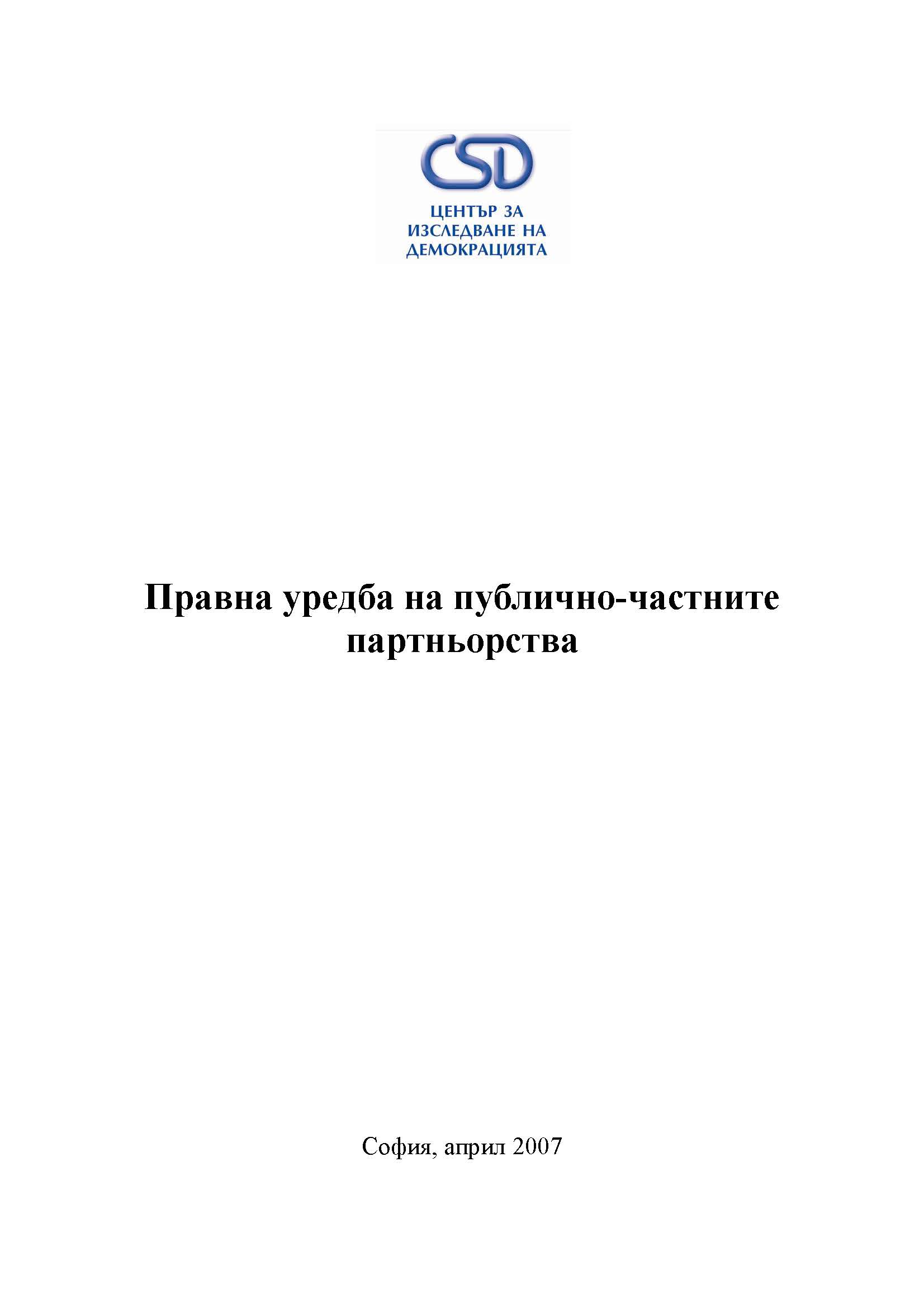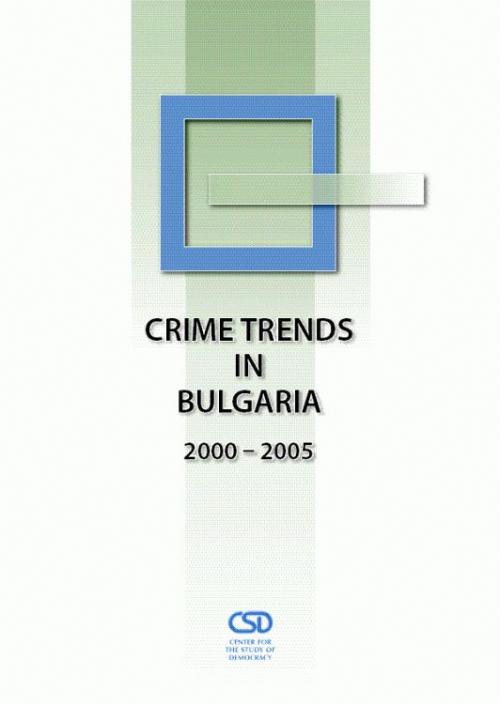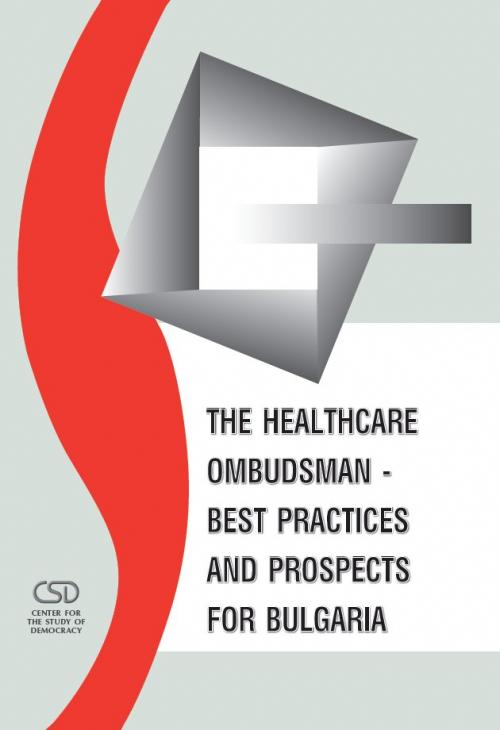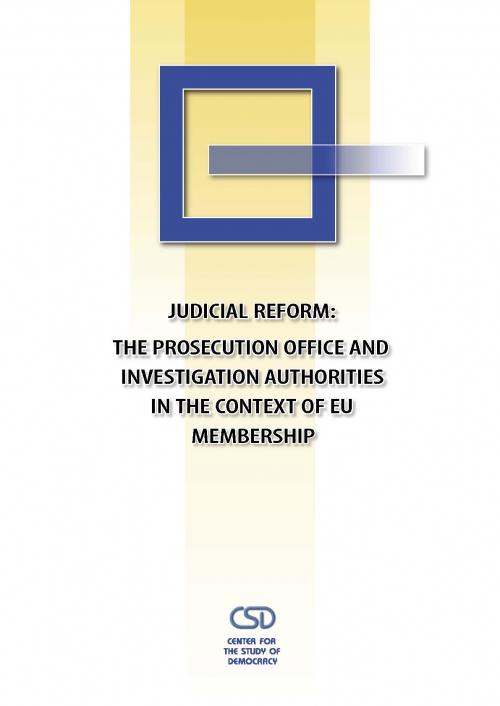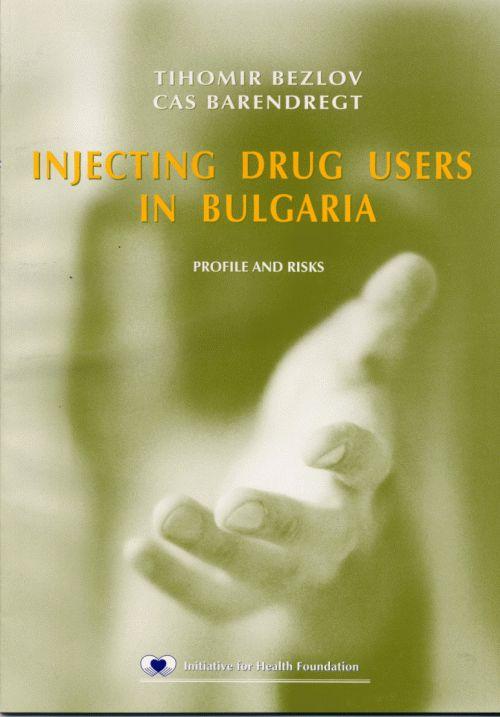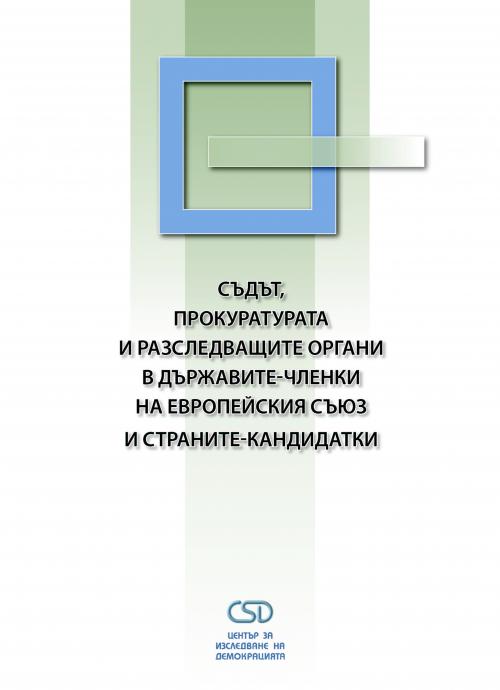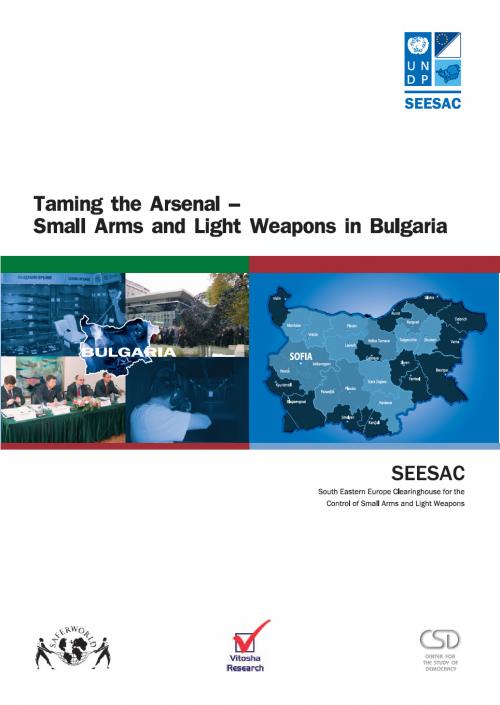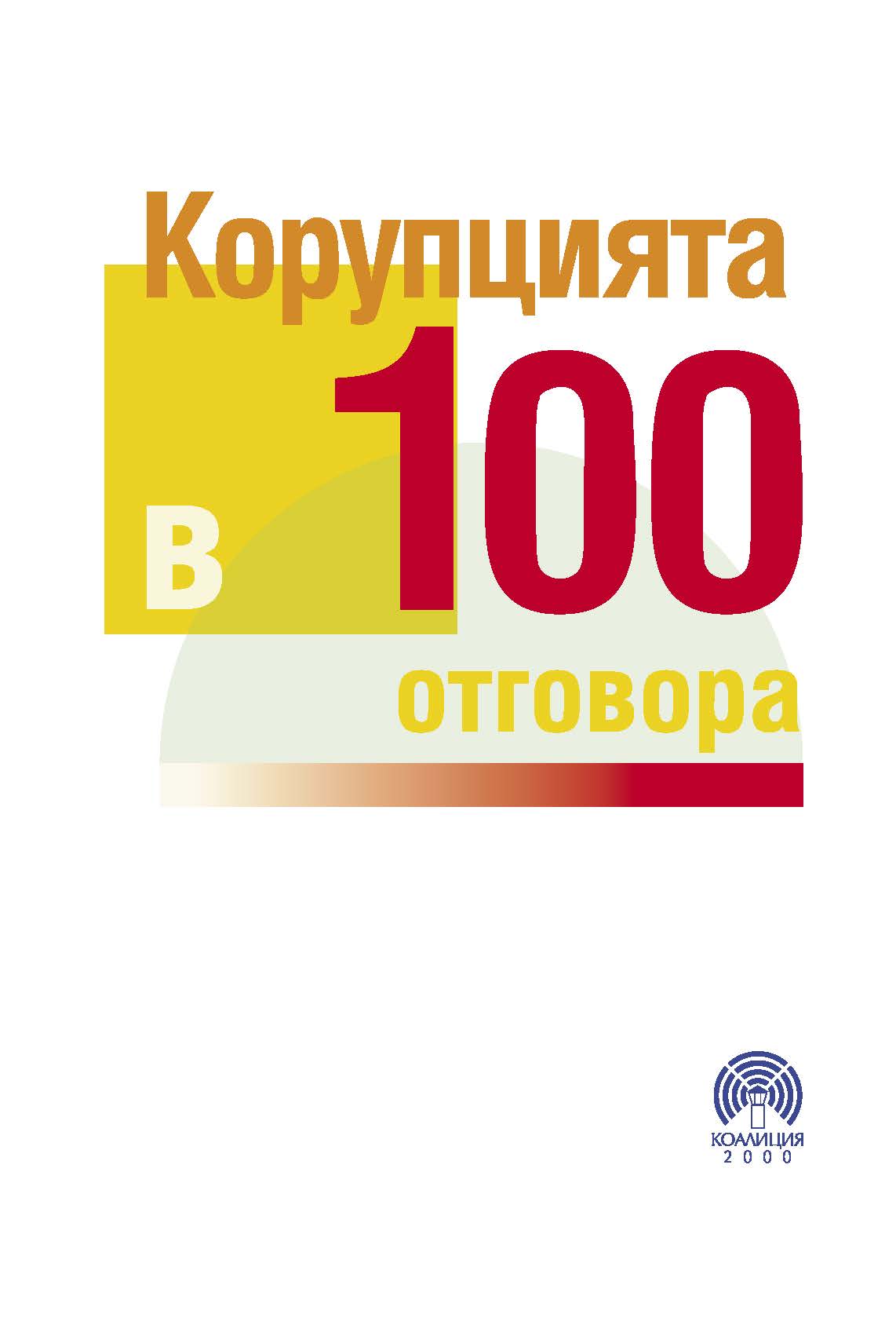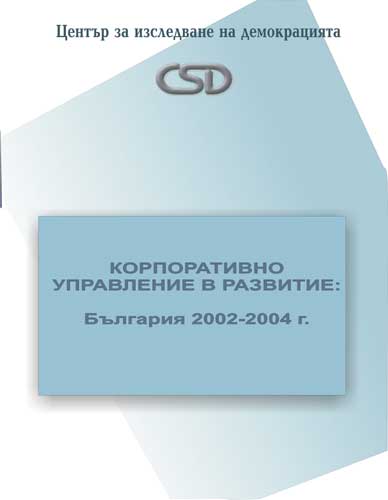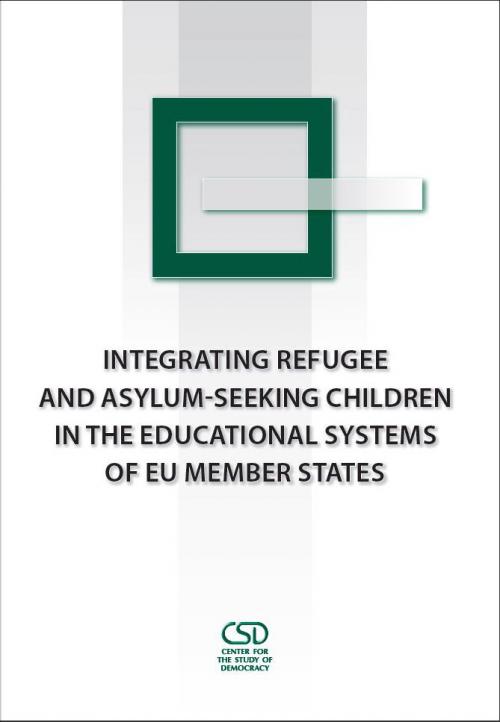
Integrating refugee and asylum-seeking children in the educational systems of EU Member States
Integrating refugee and asylum-seeking children in the educational systems of EU Member States
This Handbook presents the research instruments and findings developed within the project “Integrating Refugee and Asylum-seeking Children in the Educational Systems of EU Member States: Evaluation and Promotion of Current Best Practices” – INTEGRACE. The research encompasses twenty-six EU Member States participating in the European Refugee Fund, as well as Denmark, Norway, and four Western Balkan states (Serbia, Montenegro, Croatia and Bosnia and Herzegovina). The country reports’ main focus is on illustrating successful practices in the educational integration of refugee and asylum-seeking children (RASC). Standardised outlines of select best practices (“inventory tables”) are constructed. They can aid future research in the field of RASC educational integration by forming a basic point of reference in the comparative analysis of best practices. Review of the best practices in thirty-two countries enabled generalisations on the overall developments of policy and practice in the educational integration of RASC in the EU. The Handbook also presents an innovative methodology for “mirror” evaluations and impact assessments aimed to identify key transferability conditions and parameters to facilitate the replication of best practices in the area of educational integration of RASC in different contexts.
More...
